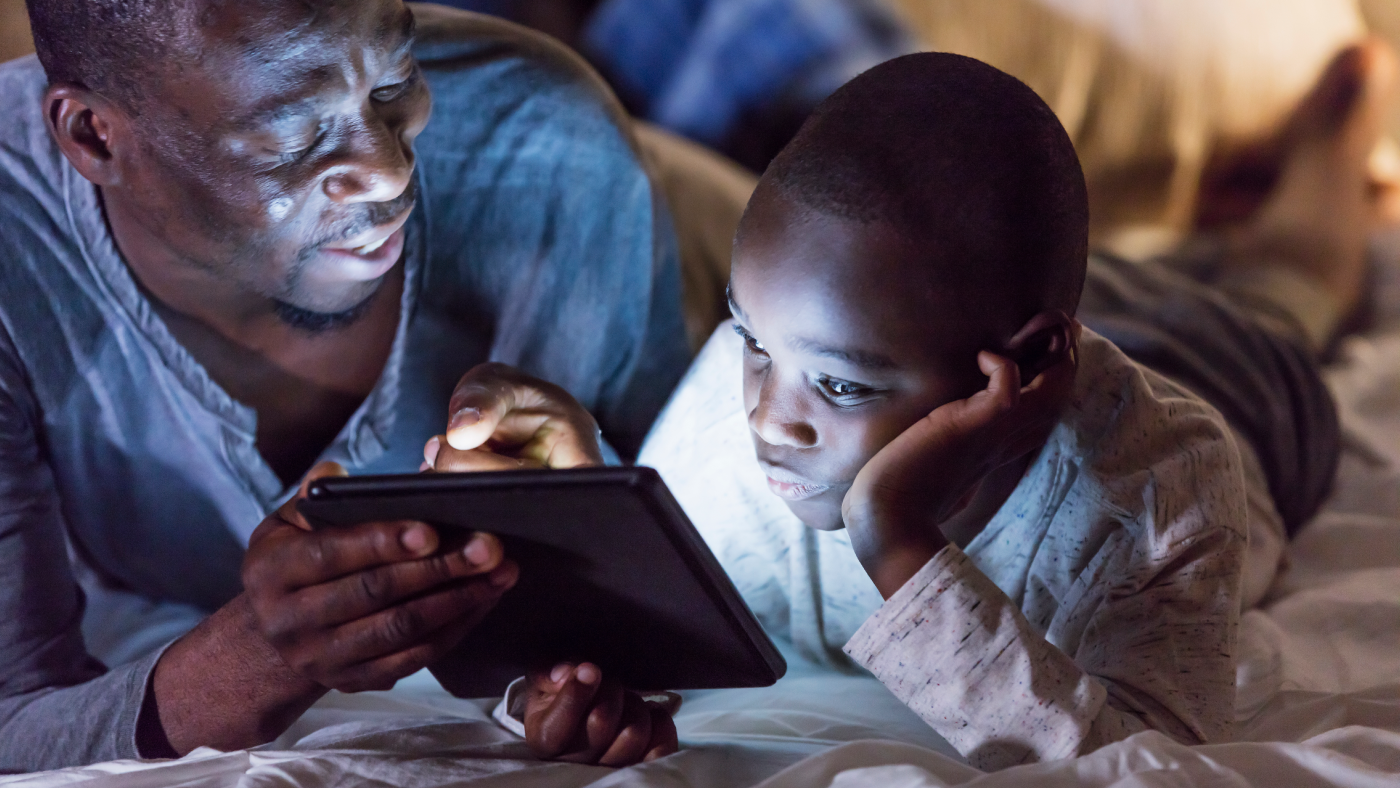Digital Divides 2015
Lee Rainie details the digital divide that Americans face in accessing the internet.
Lee Rainie details the digital divide that Americans face in accessing the internet.
With Grandparents Day coming up this Sunday, it’s a good time to look at how often and by what means Americans keep in touch with the eldest members of their families.
Americans see a number of economic threats from China, but they are also worried about cyberattacks, Bejing's human rights record, China's impact on the environment and its growing military strength.
Some 73% of online men use social media, on par with the 80% of online women who say they do so. But there are still some gender differences on specific platforms.
Our "always-on" mobile connectivity is changing the nature of public spaces and social gatherings. It's also rewriting social norms of what is rude and what is acceptable behavior.
For many Americans, cellphones are always present and rarely turned off. This creates new social challenges, as people believe that different public and social settings warrant different sensitivities for civil behavior.
It may seem as if basic or flip phones are a thing of the past, given that 73% of teens have a smartphone. But that still leaves 15% of teens who only have a basic cellphone and 12% who have none at all, and it makes a difference in the way each group communicates.
36% of adult smartphone owners use messaging apps, while 17% use apps that automatically delete sent messages. These types of apps are adding to an already complex terrain of digital and social communication. Meanwhile, social media platforms continue to attract dedicated users.
A look at how researchers analyzed news habits on Twitter using a small but representative sample of users drawn from a national survey of U.S. adults.
This analysis is exploratory research aimed at gaining a deeper understanding of news habits on Twitter by using a survey-based sample to identify a representative group of Twitter users and study their behavior. The study is based on Twitter activity of 176 U.S. adults who identified themselves as Twitter users and gave Pew Research Center permission […]

Roughly four-in-ten Americans have experienced online harassment. Growing shares face more severe online abuse such as sexual harassment or stalking.
Two-thirds of parents in the U.S. say parenting is harder today than it was 20 years ago, with many citing technologies, like social media or smartphones, as a reason.
From distractions to jealousy, how Americans navigate cellphones and social media in their romantic relationships.
Majorities of U.S. adults believe their personal data is less secure now, that data collection poses more risks than benefits, and that it is not possible to go through daily life without being tracked.










